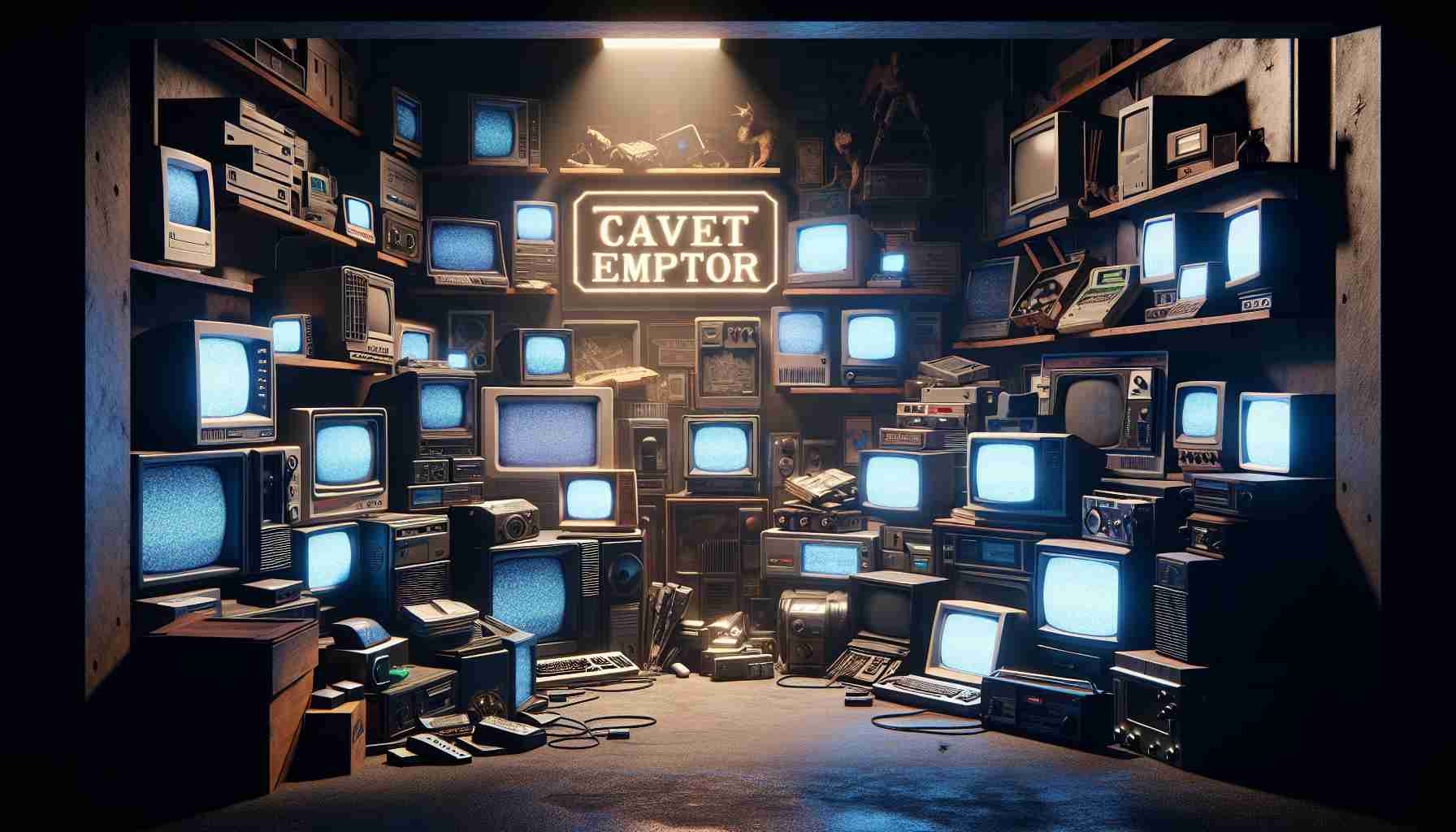Vintage Apple Employee Badge: A Counterfeit Case
In a surprising twist for collectors and fans of technology history, an alleged Apple employee identification card surfaced on eBay, igniting interest for its apparent rarity. However, a detail-oriented observer, Cabel Sasser, discovered inaccuracies that cast doubt on its authenticity.
Sasser, with a keen eye for detail, questioned the precision of the typewritten content. Supporting his suspicion, an original Apple pioneer, Chris Espinosa, confirmed several discrepancies:
– The ID photo was inconsistent with the era’s Polaroid photos.
– The ID’s lamination did not match Apple’s specifications.
– The font used was identified as computer-generated, rather than produced by the era-appropriate IBM Selectric typewriter.
– The sketch on the card did not match Espinosa’s original design on a National engineering pad.
Despite Sasser’s efforts to debunk the item’s legitimacy, the ID was sold before his investigation concluded, leaving the unsuspecting buyer with a $946 piece of fiction. This incident underscores the vigilance needed when procuring pieces of tech history and serves as a cautionary tale to double-check collectible items’ provenance, especially when dealing with sellers of questionable repute.
The episode also speaks to the broader community’s role in verifying such artifacts. Engaging knowledgeable enthusiasts online can be a critical step in avoiding costly mistakes and preserving the integrity of historical collections.
Importance of Research and Verification in Memorabilia Collection
Collecting technology memorabilia can be fraught with risk as the market for rare and vintage items is often opaque and unregulated. This is especially relevant when collecting items from well-known companies like Apple, which have a high level of collector interest and corresponding potential value. The case of the counterfeit Apple employee badge emphasizes the importance of conducting thorough research and verifying the authenticity of collectible items before purchasing.
Questions & Answers
Q: What should collectors do to avoid buying counterfeit memorabilia?
A: Collectors should verify the provenance of items, scrutinize details for accuracy, consult experts, and consider purchasing from reputable dealers or auction houses. Utilizing online communities for insights and obtaining certificates of authenticity can also be valuable.
Q: Why is tech memorabilia often targeted for counterfeiting?
A: Tech memorabilia is a niche market with items that can command high prices due to their rarity and the nostalgia they evoke. The combination of high value and a relatively small pool of knowledgeable collectors makes it an attractive target for counterfeiters.
Key Challenges or Controversies
A major challenge is the authentication of items, as it can be difficult to confirm their true origin or production. This is compounded by the often private nature of sales and a lack of standardized verification processes. Controversies can arise over the true value of memorabilia, with disagreements about authenticity leading to disputes and legal issues.
Advantages and Disadvantages
Advantages:
– Owning a piece of tech history can be gratifying for collectors and enthusiasts.
– Authentic items may appreciate in value over time, providing a financial return.
– Collections can serve educational and historical preservation purposes.
Disadvantages:
– Risk of fraud and counterfeits, potentially leading to significant financial loss.
– The market can be volatile, with values fluctuating based on demand and perceived rarity.
– Preservation of tech memorabilia can be challenging, requiring specific conditions to prevent degradation.
For those interested in collecting technology memorabilia, it would be wise to visit websites such as Sotheby’s or Christie’s, which are known for their specialized auctions and could offer more secure avenues for purchasing verified items. However, please be aware that auctions may also carry their own risks, and due diligence is always recommended.
